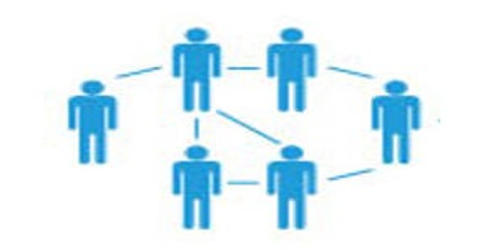A simulation experiment that focuses on complex social phenomena. Social simulation is the application of computer-based methods and technologies to replicate human social behavior. It is a research field that applies computational methods to study issues in the social sciences. This subject focus especially on the relevance of heterogeneity of social behavior and dynamics and the complex interplay of agent behavior and social structure. Many social simulations are built from the bottom up by using multi-agent-based simulation. The issues explored include problems in computational law, psychology, organizational behavior, sociology, political science, economics, anthropology, geography, engineering, archaeology, and linguistics.
Tool for testing hypotheses in the social sciences based on the facilities of the computer. The social simulation aims to cross the gap between the descriptive approach used in the social sciences and the formal approach used in the natural sciences, by moving the focus on the processes/mechanisms/behaviors that build the social reality. It is a more open-ended, experience-based simulation in which learners learn by observing, and simulating the target in a real-life environment.
Social simulation is usually recreated in a computer as the main factors and their interrelations of given social process in order to test how they run under different hypothetical scenarios. In the social simulation, computers support human reasoning activities by executing these mechanisms. It is a new method for the social sciences that combines some of the advantages of statistics and qualitative research. This field explores the simulation of societies as complex non-linear systems, which are difficult to study with classical mathematical equation-based models. The idea of simulation is to construct a computer program that has some of the properties of a ‘real world’ social process and observe what happens when the program runs.
Robert Axelrod regards social simulation as a third way of doing science, differing from both the deductive and inductive approach; generating data that can be analyzed inductively, but coming from a rigorously specified set of rules rather than from direct measurement of the real world. Depending on the level of detail and other factors, this can be thought of as a method of theory development; a method of theory checking, a way of gaining an understanding of the implications of behavior or, in its most familiar form, a way of making predictions about what might happen under given circumstances. Thus, simulating a phenomenon is akin to generating it—constructing artificial societies. These ambitious aims have encountered several criticisms.
















